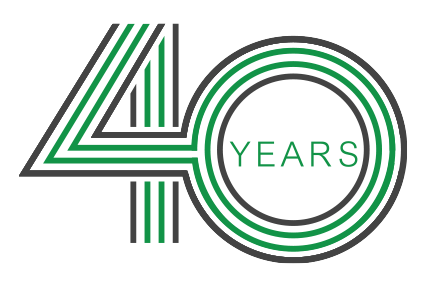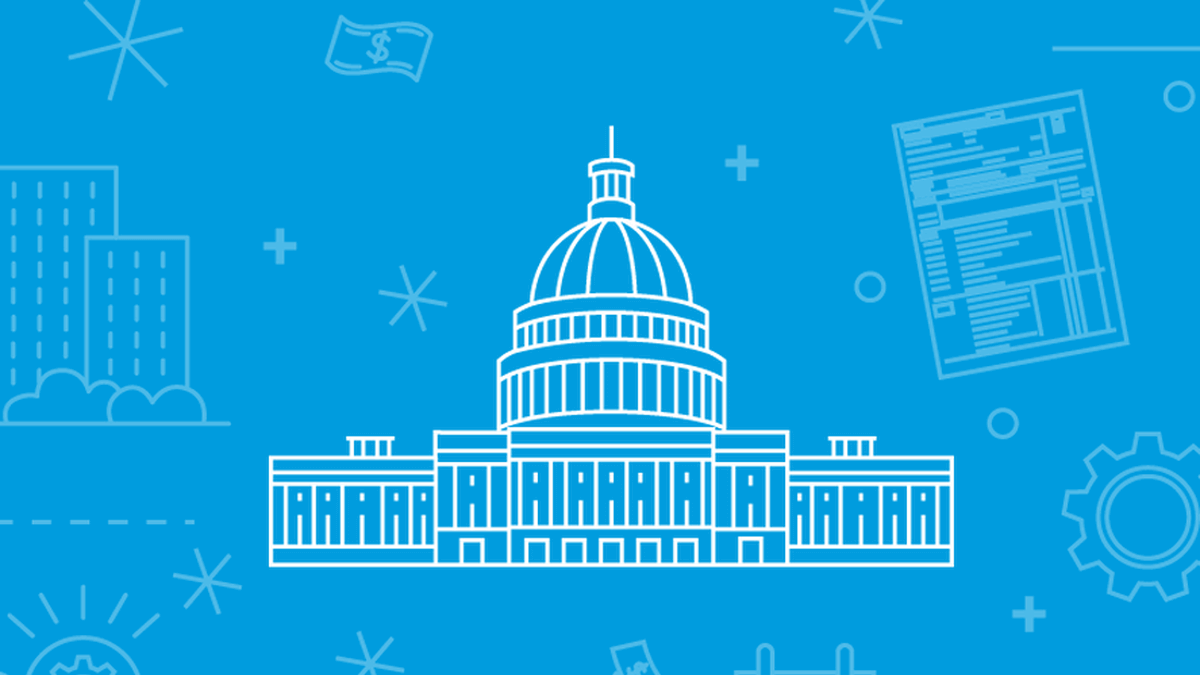IRS makes statements on CARES Act Employee Retention Tax Credit risks
TAX ALERT | October 31, 2022
Authored by RSM US LLP
Executive summary: IRS statements on employee retention credit
The IRS has recently warned employers of some third parties promoting the CARES Act Employee Retention Tax Credit claims that may be improper. The IRS warning also indicated that IRS examinations of such credits are underway.
Public statements made on employee retention credit
On Oct. 19, 2022 the IRS issued a news release warning employers to be wary of third parties who have ramped up campaigns to try and get employers to claim the Employee Retention Tax Credit (ERTC) when they may not actually qualify. Businesses are encouraged to be cautious of advertised schemes and direct solicitations promising tax savings from the ERTC that sound too good to be true. Often, these parties make money by charging large up-front fees or taking a contingent fee based on the credit amount. The third parties are not necessarily advising employers that wage deductions claimed on the business’s federal income tax return must be reduced by the amount of the credit. The IRS reminds taxpayers that ultimately, the taxpayer is responsible for the information reported on their tax return and improperly claiming the ERTC could result in the taxpayer being required to repay the credit along with penalties and interest.
In addition, the IRS is actively ramping up enforcement of ERTC refund claims. The IRS has stated publicly that the Small Business/Self-Employed Division of the IRS has trained 300 auditors to examine claims involving the ERTC. The IRS fully expects an influx of ERTC claims as it continues to catch up on pandemic-induced backlogs and is considering a soft letter campaign or voluntary disclosure practice for the ERTC. Taxpayers should have their substantiation documentation for the ERTC prepped and ready to submit in the event they are asked to provide it to the IRS.
Employee retention credit background
The ERTC is a refundable payroll tax credit that was enacted as part of the CARES Act in March 2020. The credit from the CARES Act is equal to 50% of payroll-related costs over the eligible period up to a maximum credit of $5,000 per employee for 2020. Later legislation expanded the ERTC through Sept. 30, 2021 with several changes, including allowing companies that obtained PPP loans to benefit from the ERTC. Additionally, for 2021, the definition of a small employer was expanded from 100 or fewer employees to 500 or fewer employees; the credit as a percentage of qualified wages increased from 50% to 70%, resulting in a credit up to a maximum of $7,000 per employee for each of three quarters in 2021. In order to qualify for the ERTC, a company must have experienced a significant decline in gross receipts for a quarter as compared to the same quarter in 2019 or have been fully or partially impacted by government orders imposed on commerce, travel, or group meetings.
For additional details and FAQs on the ERTC see: Game-changing updates to the Employee Retention Credit & Employee Retention Credit: Answers to frequently asked questions
Let's Talk!
Call us at (509) 455-8173 or fill out the form below and we'll contact you to discuss your specific situation.
This article was written by Anne Bushman and originally appeared on 2022-10-31.
2022 RSM US LLP. All rights reserved.
https://rsmus.com/insights/tax-alerts/2022/irs-makes-statements-on-cares-act-employee-retention-tax-credit-risks.html
The information contained herein is general in nature and based on authorities that are subject to change. RSM US LLP guarantees neither the accuracy nor completeness of any information and is not responsible for any errors or omissions, or for results obtained by others as a result of reliance upon such information. RSM US LLP assumes no obligation to inform the reader of any changes in tax laws or other factors that could affect information contained herein. This publication does not, and is not intended to, provide legal, tax or accounting advice, and readers should consult their tax advisors concerning the application of tax laws to their particular situations. This analysis is not tax advice and is not intended or written to be used, and cannot be used, for purposes of avoiding tax penalties that may be imposed on any taxpayer.
RSM US Alliance provides its members with access to resources of RSM US LLP. RSM US Alliance member firms are separate and independent businesses and legal entities that are responsible for their own acts and omissions, and each is separate and independent from RSM US LLP. RSM US LLP is the U.S. member firm of RSM International, a global network of independent audit, tax, and consulting firms. Members of RSM US Alliance have access to RSM International resources through RSM US LLP but are not member firms of RSM International. Visit rsmus.com/about us for more information regarding RSM US LLP and RSM International. The RSM logo is used under license by RSM US LLP. RSM US Alliance products and services are proprietary to RSM US LLP.

HMA CPA is a proud member of the RSM US Alliance, a premier affiliation of independent accounting and consulting firms in the United States. RSM US Alliance provides our firm with access to resources of RSM US LLP, the leading provider of audit, tax and consulting services focused on the middle market. RSM US LLP is a licensed CPA firm and the U.S. member of RSM International, a global network of independent audit, tax and consulting firms with more than 43,000 people in over 120 countries.
Our membership in RSM US Alliance has elevated our capabilities in the marketplace, helping to differentiate our firm from the competition while allowing us to maintain our independence and entrepreneurial culture. We have access to a valuable peer network of like-sized firms as well as a broad range of tools, expertise and technical resources.
For more information on how HMA CPA can assist you, please call (509) 455-8173.

